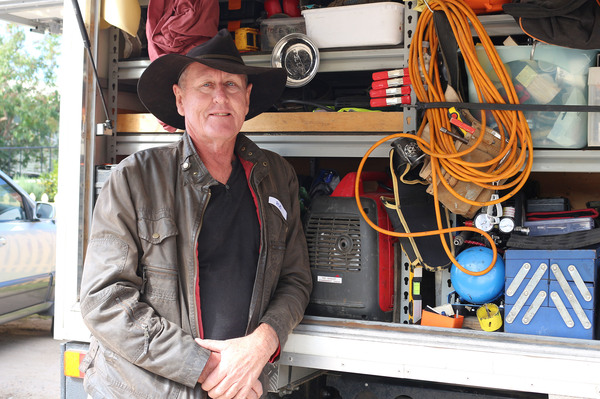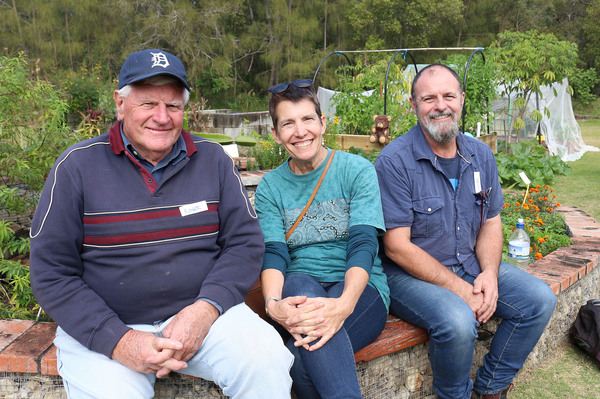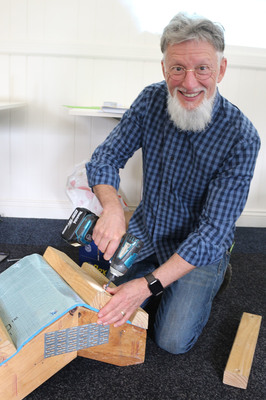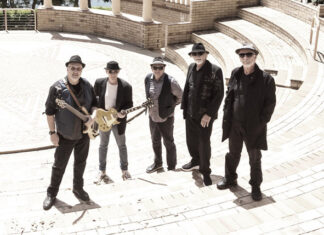When Fred Schultz visited Noosa last weekend to run his DIY tiny house workshop it was filled with a diverse group of people wanting to declutter, simplify their lives, reduce financial burdens or live an alternate future in their old age.
The weekend workshop held at the Tait Duke Cottage at Tewantin provided participants with the practical information they needed in their consideration of a tiny house either on or off wheels.
Topics from design and materials, the pros and cons of building on trailers to going off grid and the variety of council legislation across the country were covered in the workshops.
Fred’s sustainable award winning business both builds tiny houses for people and assists them to build their own.
“It’s a clarifier for people,” he said. “It takes a certain tenacity and boldness to build a tiny house. You just have to be a bit handy or have handy friends you can call on.”
Fred and his wife started building a tiny house in 2010. They outgrew it with their second child and bought a family house.
Fred said the tiny house had enabled them to save for their home, a factor which was a popular reason for younger people to own tiny houses, he said.
He said the workshops attracted a variety of people with older women becoming a group showing increasing interest in tiny houses.
Builder Rob Doran who travels the country in his own converted van has plans to build tiny houses for over 50s women who he has identified in his travels to be a growing market.
“Most of these women can’t get a mortgage. They have family with land they can put it on. If they built a traditional granny flat they can’t move it. If you’re independent you can pack it up and move it if you need to,” he said.
“I see an opportunity to make some money and I can do something at a reasonable price,” Rob said.
Rob said he expected he could build tiny 3-4 houses on trailers a year for about $50,000 each and had received positive response when testing the market.
Ute Schulenberg is approaching retirement, has little superannuation, owns no property and is currently renting for $300 a week.
“Rents are expensive. I see this as a way of living off the grid with a big financial outcome on the pension,” she said.
Ute said friends had already offered her a space on their land to park her tiny house and she had hit upon a rate of about $80 a month.
“It’s an awesome opportunity to have a life after work,” she said.
Carpenter Lucas Skelly was soon to finish his final course of chemotherapy to treat cancer. He said his illness meant he could no longer work as he had done and a tiny house provided him an affordable and attractive housing option.
Former business man Roger Everett said he and his wife were both in their seventies currently lived in a remote location on their farm and saw a tiny house as a way of gaining mobility and more support as they aged.
Roger envisaged a future with tiny house villages where the couple could move with like-minded people of all ages. “People going for tiny houses are not pursuing a big house. They value lifestyle,” he said.
He said having visited several retirement villages the couple knew that lifestyle was not for them.
“You’ll find (tiny house) villages being in desirable locations with longer term tenancies. They’re already talking about it in Melbourne and Coffs Harbour,” he said. “It offers a different approach to old age than aged care homes.”
For more information on Fred’s Tiny Houses and upcoming workshops visit fredstinyhouses.com.au










